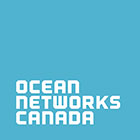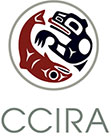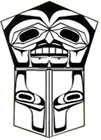Exploration
Studied fjord habitats that are home to complex rocky reefs with a high diversity of rockfish, corals, sponges and basket stars off the Central Coast of British Columbia.
Science
Dived to depths below 200 metres to visually survey habitats using underwater cameras, expanding our understanding of nurseries and spawning grounds for fish populations such as rockfish.
Campaigning
Partnered with Heiltsuk and Kitasoo/Xai’Xais First Nations and the Central Coast Indigenous Resource Alliance (CCIRA) to learn more about and help protect marine ecosystems that support thriving fish populations.
The Central Coast of British Columbia Expedition is a partnership between Oceana Canada, Fisheries and Oceans Canada, the Heiltsuk and Kitasoo/Xai’Xais First Nations, Central Coast Indigenous Resource Alliance (CCIRA) and Ocean Networks Canada.
Protecting marine habitat on all three of Canada’s Coasts
See how Oceana Canada is helping to protect the ocean.
Join Oceana Canada
Stay up-to-date on the latest expedition highlights by joining us as a Wavemaker.
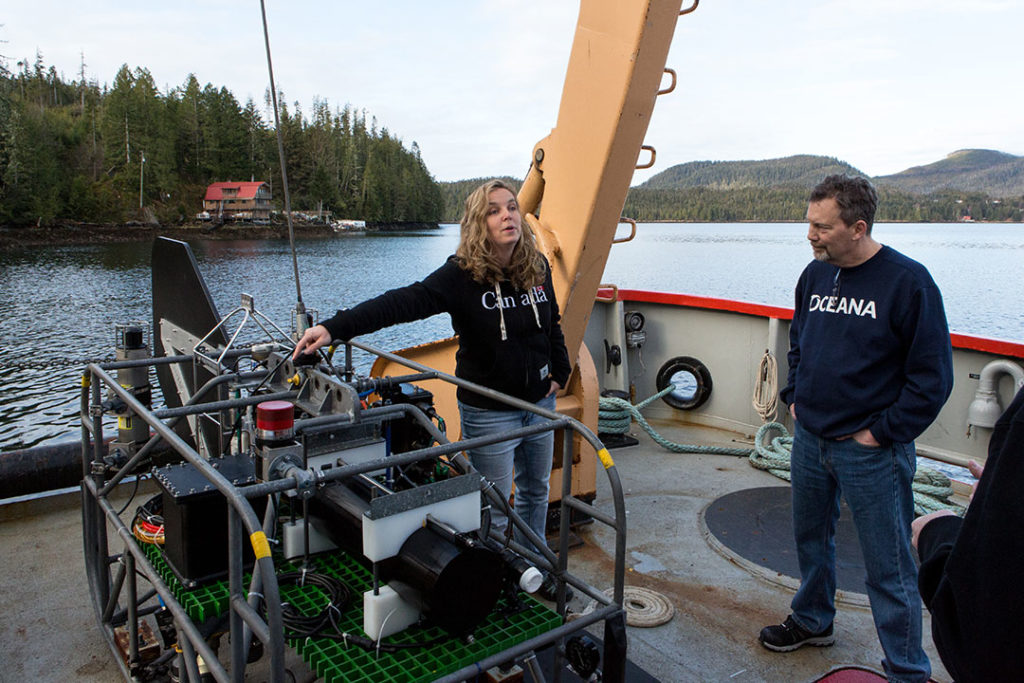
Photo credit: Oceana Canada/Evermaven
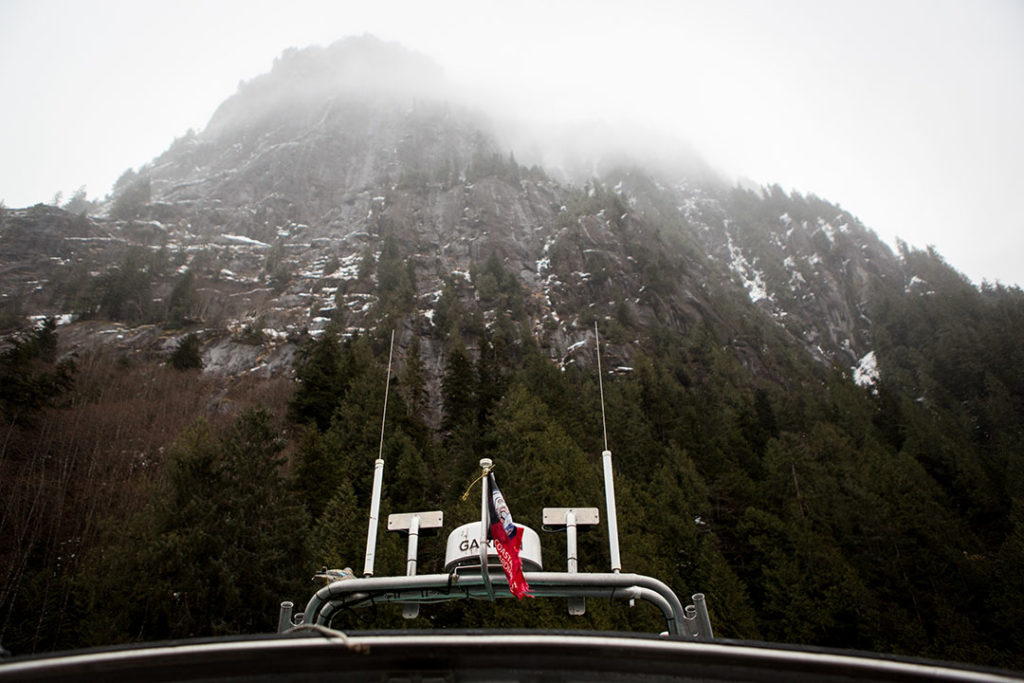
Photo credit: Oceana Canada/Evermaven
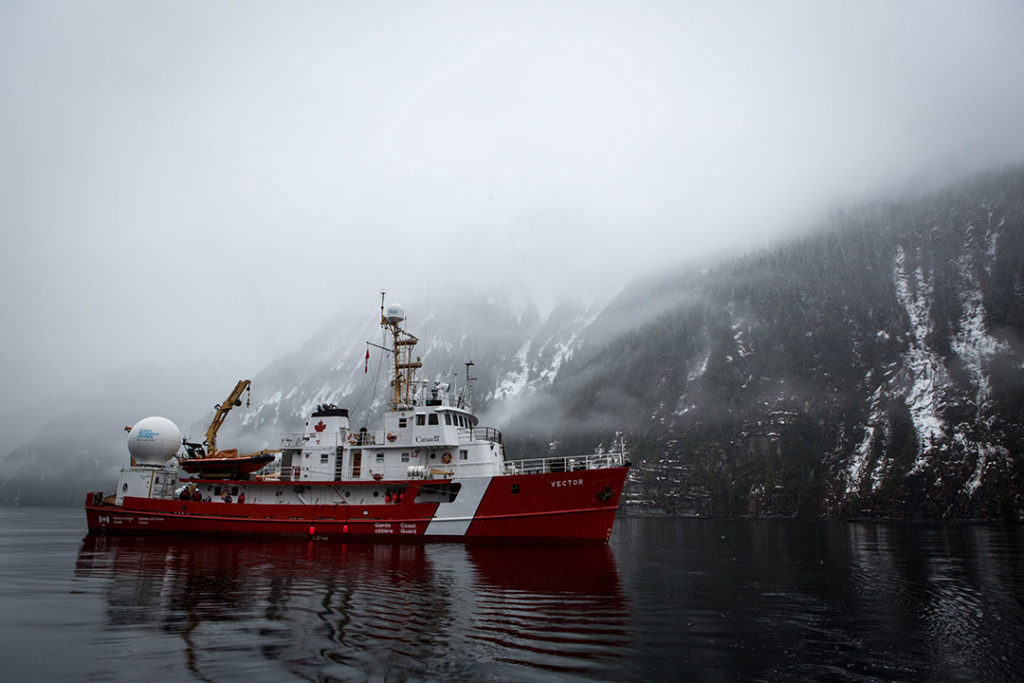
Photo credit: Oceana Canada/Evermaven
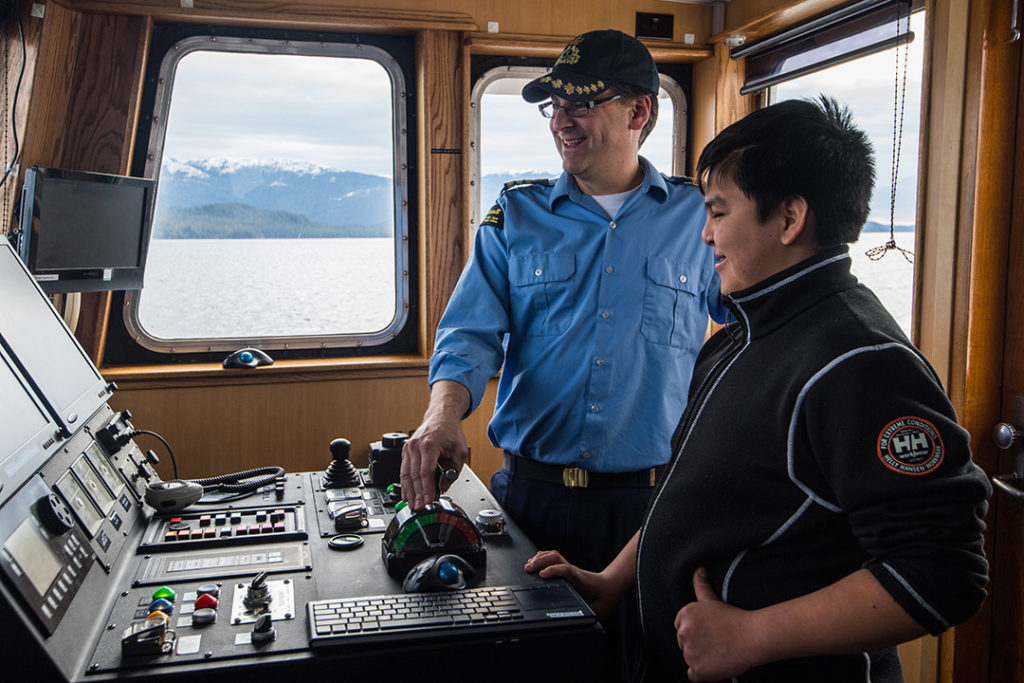
Photo credit: Oceana Canada/Evermaven
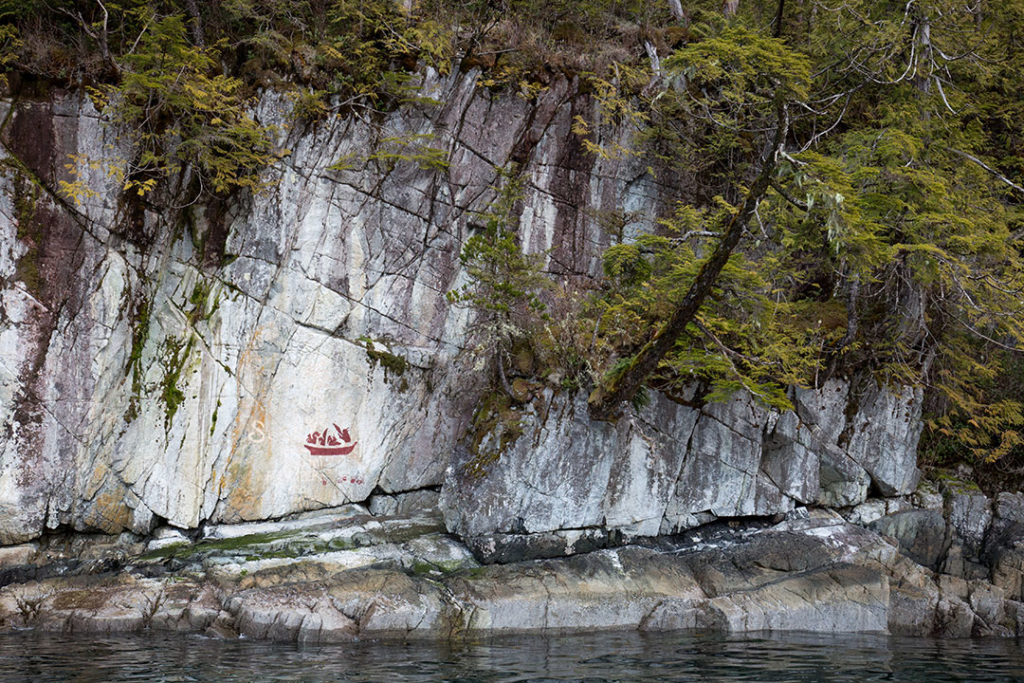
Photo credit: Oceana Canada/Evermaven
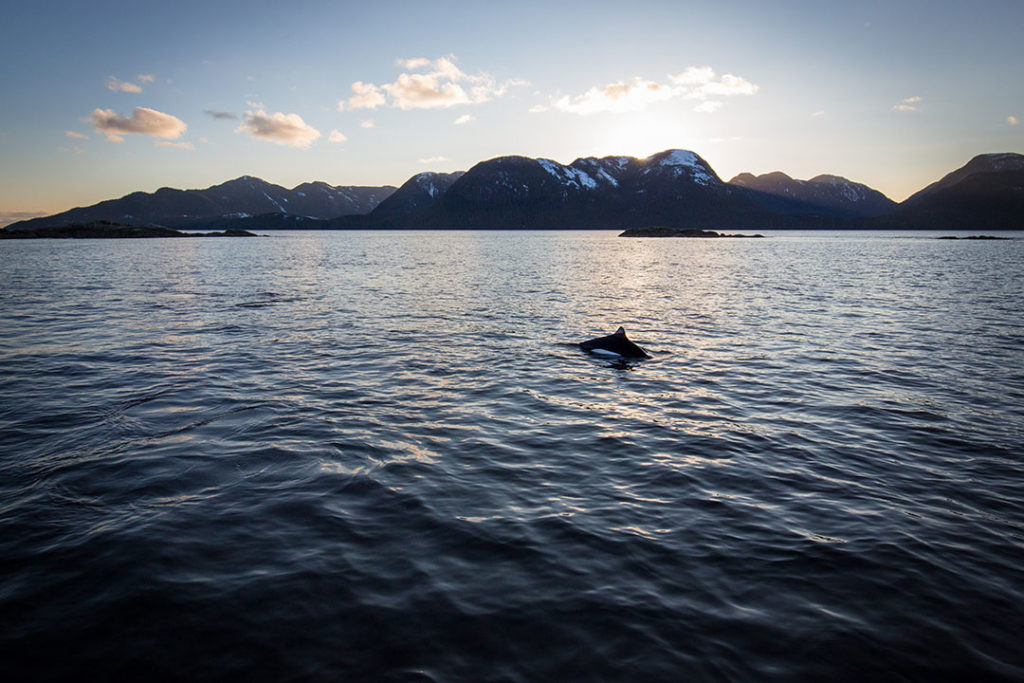
Photo credit: Oceana Canada/Evermaven
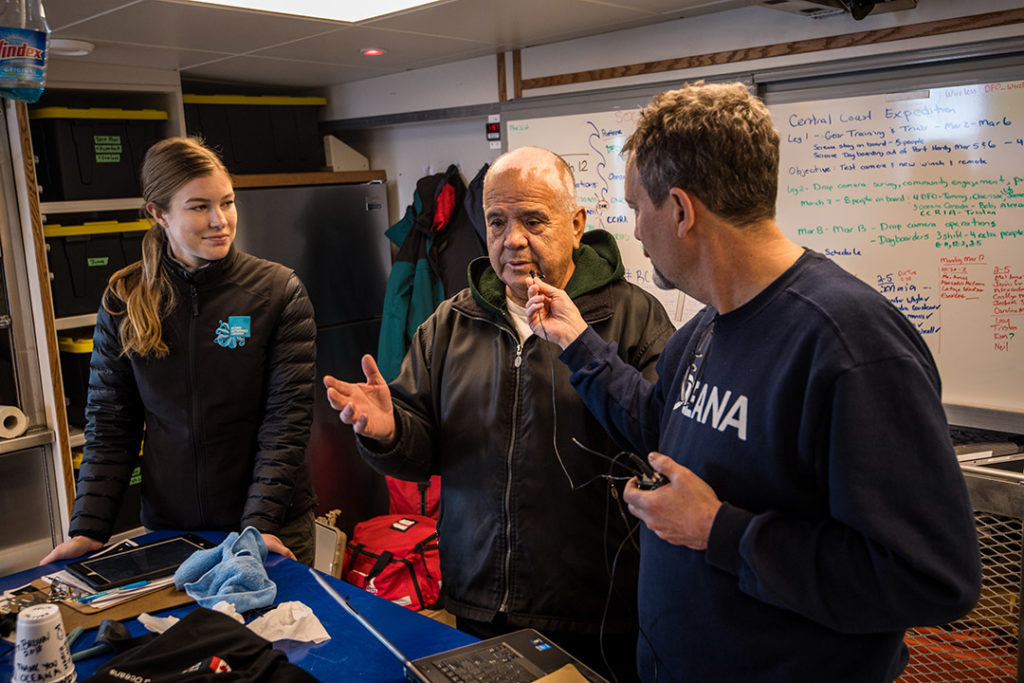
Photo credit: Oceana Canada/Evermaven
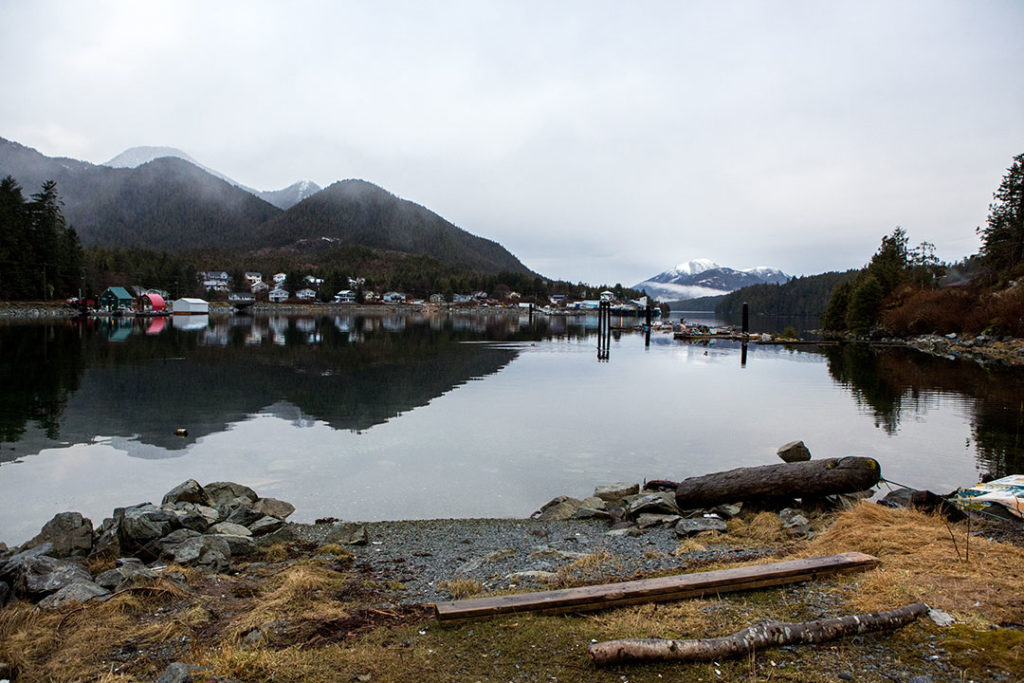
Photo credit: Oceana Canada/Evermaven
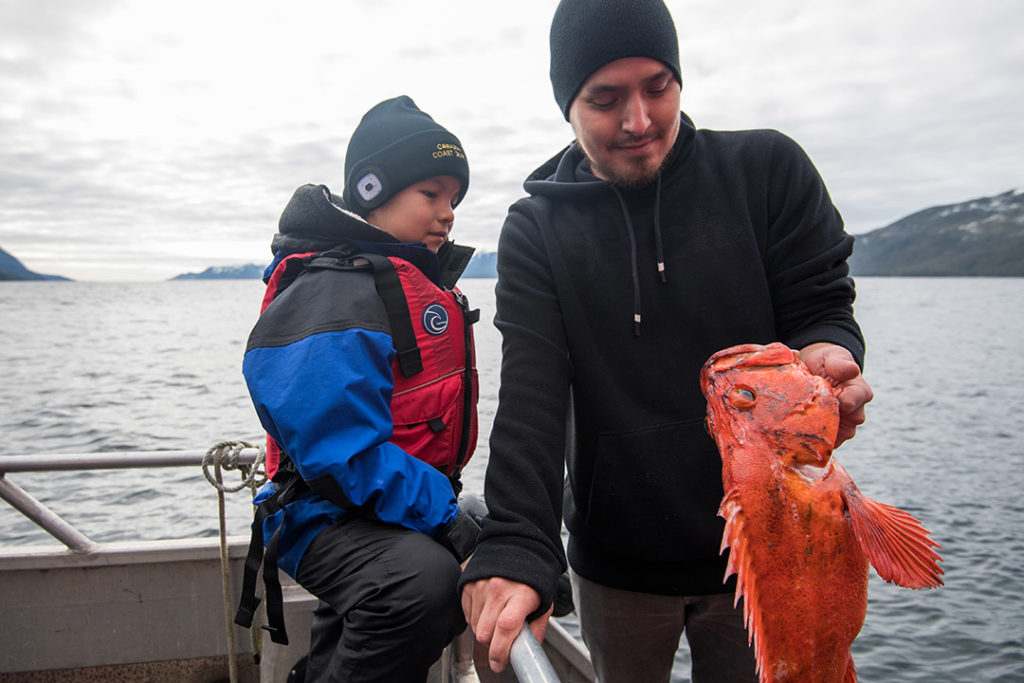
Photo credit: Oceana Canada/Evermaven
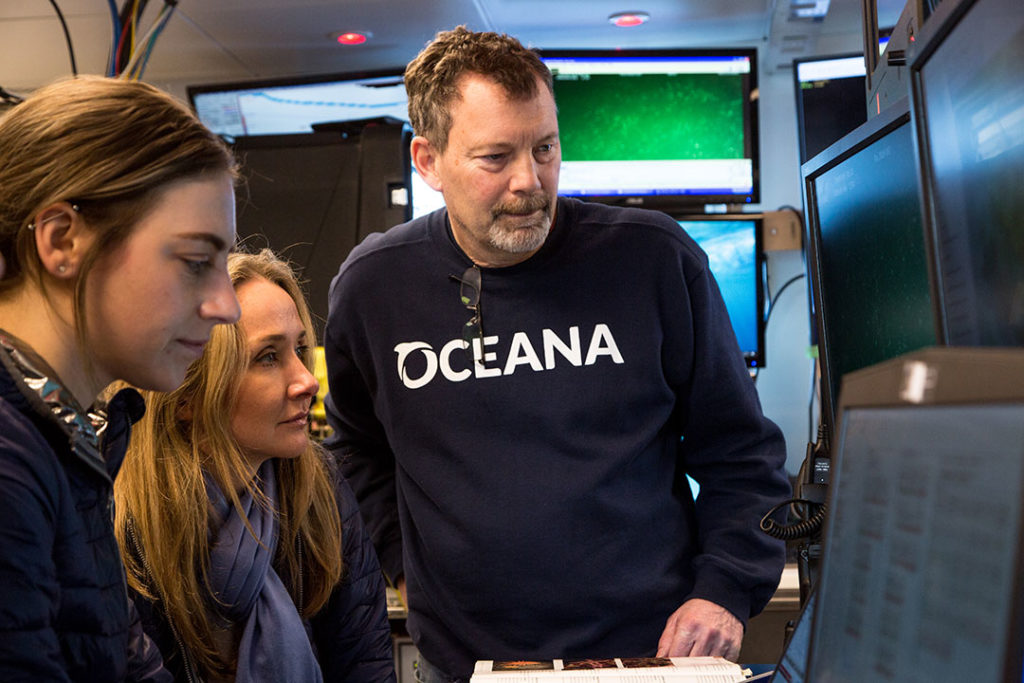
Photo credit: Oceana Canada/Evermaven
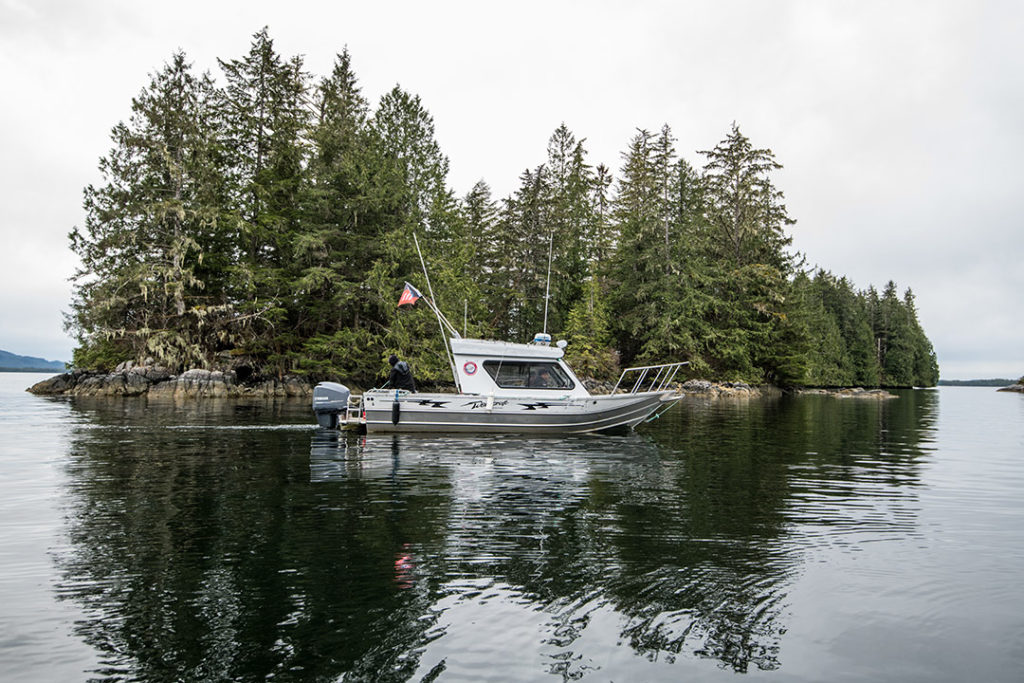
Photo credit: Oceana Canada/Evermaven
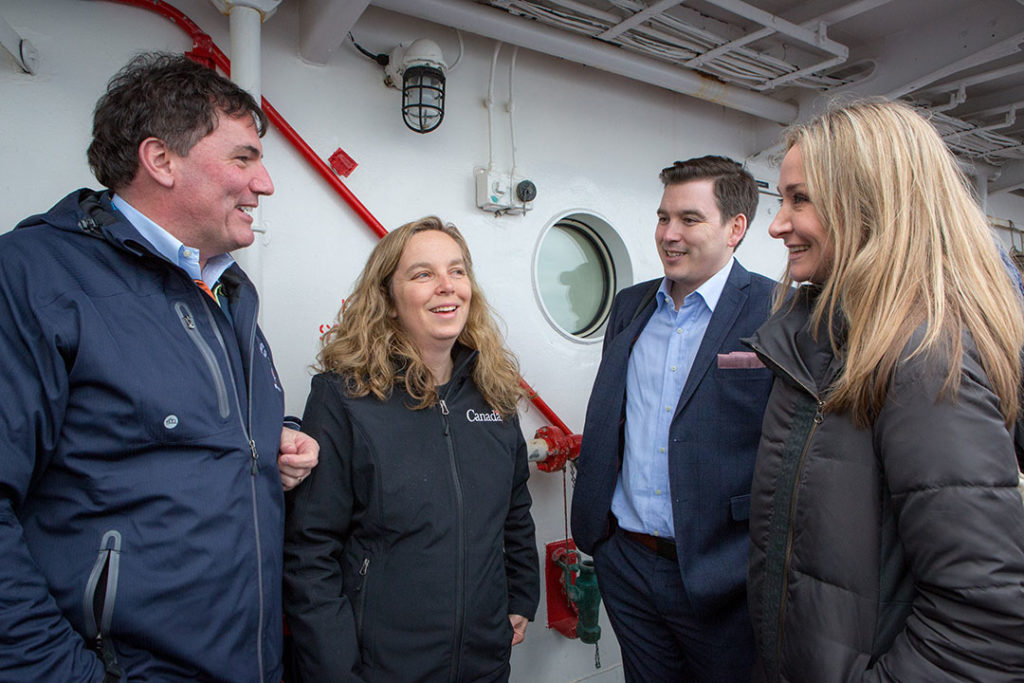
Photo credit: Oceana Canada/Evermaven
Partners
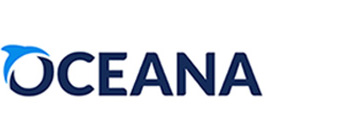
Oceana Canada
Oceana Canada was established as an independent charity in 2015 and is part of the largest international advocacy group dedicated solely to ocean conservation. Oceana Canada has successfully campaigned to end the shark fin trade, make rebuilding depleted fish populations the law, improve the way fisheries are managed and protect marine habitat. We work with civil society, academics, fishers, Indigenous Peoples and the federal government to return Canada’s formerly vibrant oceans to health and abundance. By restoring Canada’s oceans, we can strengthen our communities, reap greater economic and nutritional benefits and protect our future.
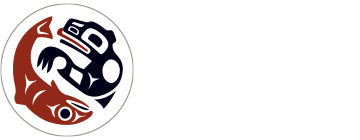
Central Coast Indigenous Resource Alliance
The Central Coast Indigenous Resource Alliance (CCIRA) was born from the belief that resources should be managed in a manner that ensures they continue to provide for future generations and a recognition that Central Coast First Nations can better realize our goal of sustainable environments, and healthy local economies and communities by working together.
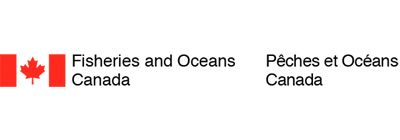
Fisheries and Oceans Canada
In Canada, the ability to observe, understand, and make informed decisions regarding the management of our marine ecosystems is largely dependent on the science and monitoring programs conducted by Fisheries and Oceans Canada (DFO) under its Science At-Sea Program.
Over 130 expeditions are conducted annually across Canada’s three oceans by DFO’s scientists on 14 Canadian Coast Guard vessels dedicated to science. DFO’s scientists regularly work with partners from other federal departments, academia, NGOs, international organizations and Indigenous communities to collect key information necessary for the sustainable management of Canada’s oceans and aquatic resources for the benefit of current and future generations.

Heiltsuk First Nation
Heiltsuk Territory encompasses 16,658 square kilometres of land as well as extensive nearshore and offshore waters in an area that has only recently come to be known as the Central Coast of British Columbia. According to nuy̓ṃ̓ or oral tradition, Heiltsuk has had a reciprocal relationship with these lands and waters for countless generations. The Heiltsuk Integrated Resource Management Department (HIRMD) is located in Bella Bella, British Columbia and provides technical advice to the Heiltsuk Tribal Council. HIRMD is responsible for land and marine use planning, managing the land and fisheries programs, implementing forestry initiatives, implementing the Reconciliation Protocol Agreement and other related agreements and the protection of Heiltsuk culture and heritage.
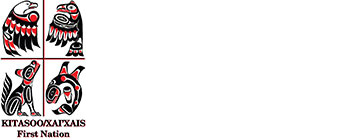
Kitasoo / Xai’xais
The Kitasoo/Xai’Xais have always had a land and resource plan for our lands and oceans and the creatures they harbour. It lives in our heritage, in our oral history and in our everyday decisions as to where we collect our food, and where we fish and harvest our trees. Our vision for our land and resources is based on the best definition of the term sustainable. To us this means the wealth of the forests, fish, wildlife and the complexity of all life will be here forever. It also means that we will be here forever. To remain here as the Kitasoo and Xai’Xais people we need to protect, manage and enhance the resources and our culture in order to ultimately protect our heritage. We also need to live in the modern world and have jobs to sustain our families and community. No one speaks for us. Mutual respect and understanding comes from meeting with us and gaining an understanding of our people and our lands. Listen, learn and understand, then we can work together.

Ocean Networks Canada
Established in 2007 as a major initiative of the University of Victoria, Ocean Networks Canada operates world-leading ocean observatories for the advancement of science and the benefit of Canada. The observatories collect data on physical, chemical, biological, and geological aspects of the ocean over long time periods, supporting research on complex earth processes in ways not previously possible.
Other Expeditions

Imappivut
In August 2019, Oceana Canada and the Nunatsiavut Government embarked on an expedition to explore the culturally and ecologically significant coastal habitats of Nunatsiavut in Northern Labrador.
LEARN MORE

Northeast Pacific Seamounts
In July 2018, Oceana Canada, the Haida Nation, Fisheries and Oceans Canada and Ocean Networks Canada embarked on an expedition to explore seamounts in the northeast Pacific Ocean off the coast of British Columbia.
LEARN MORE

Gulf of St. Lawrence
In August 2017, Oceana Canada and Fisheries and Oceans Canada spent a week exploring marine habitats in the Laurentian Channel South and North, the American Bank and the Cape Breton Trough.
LEARN MORE




















